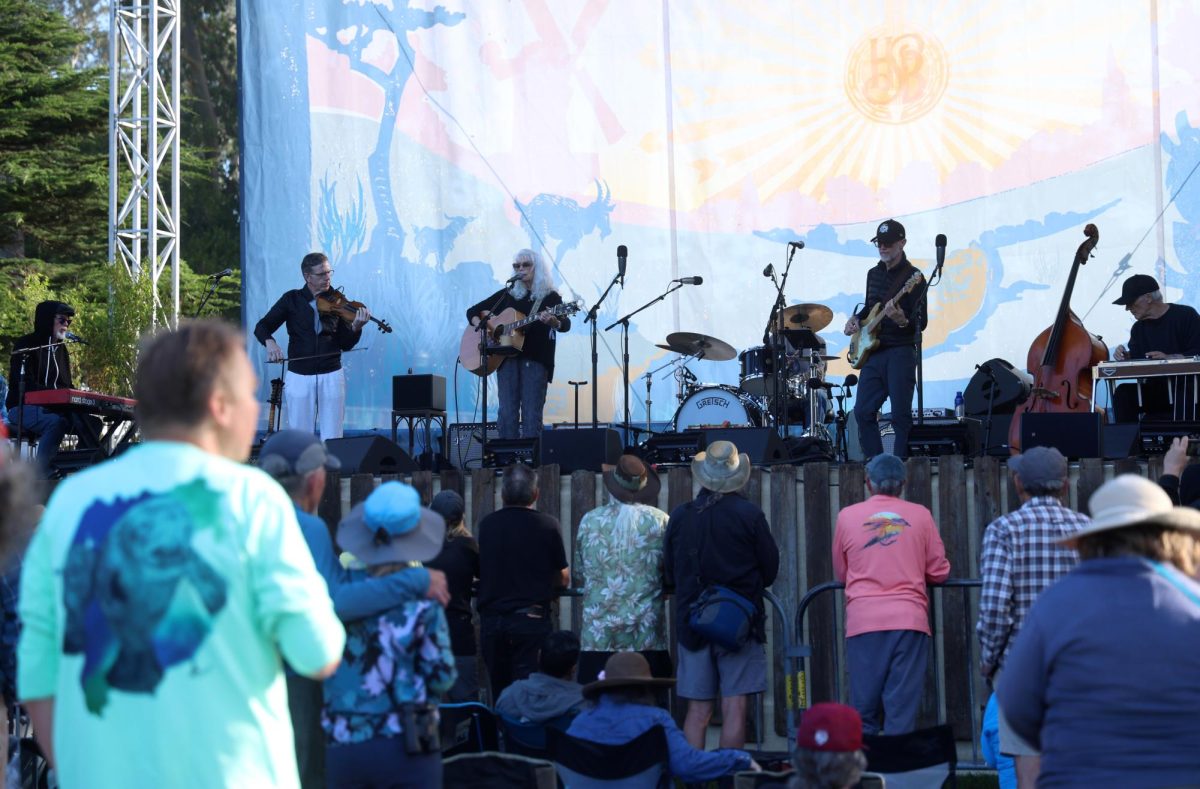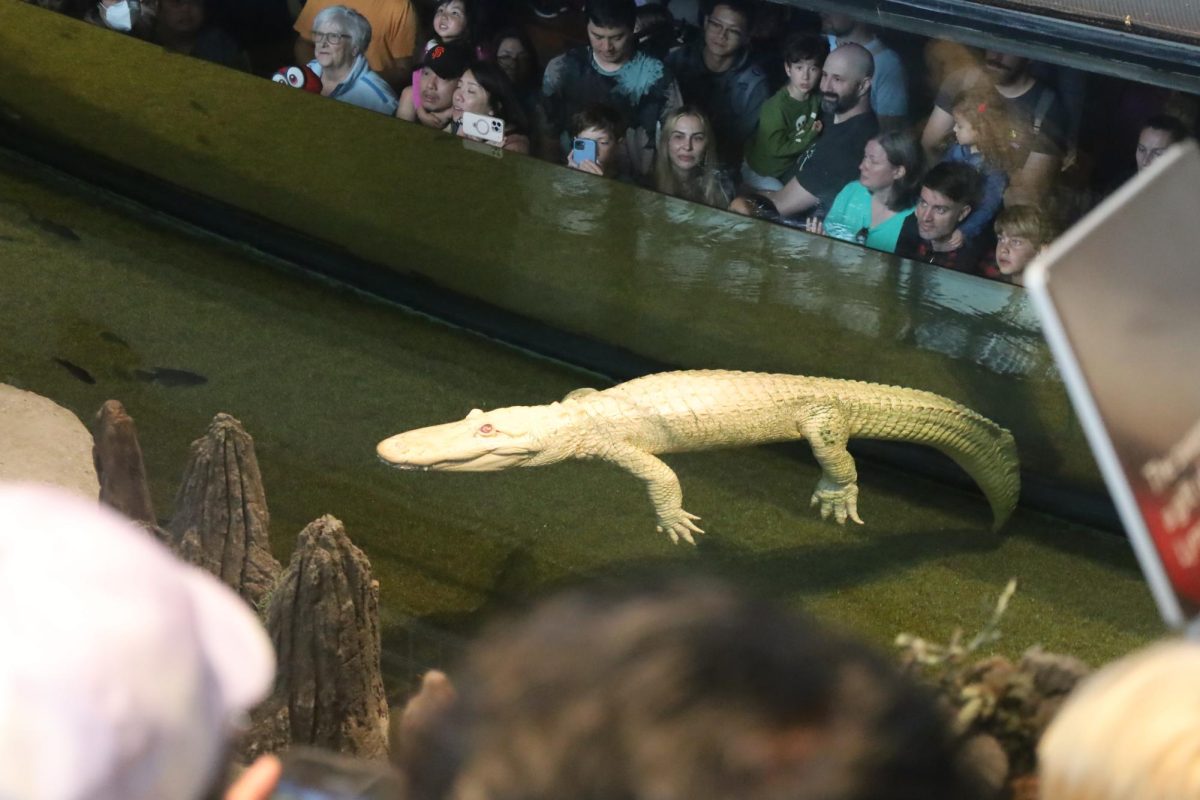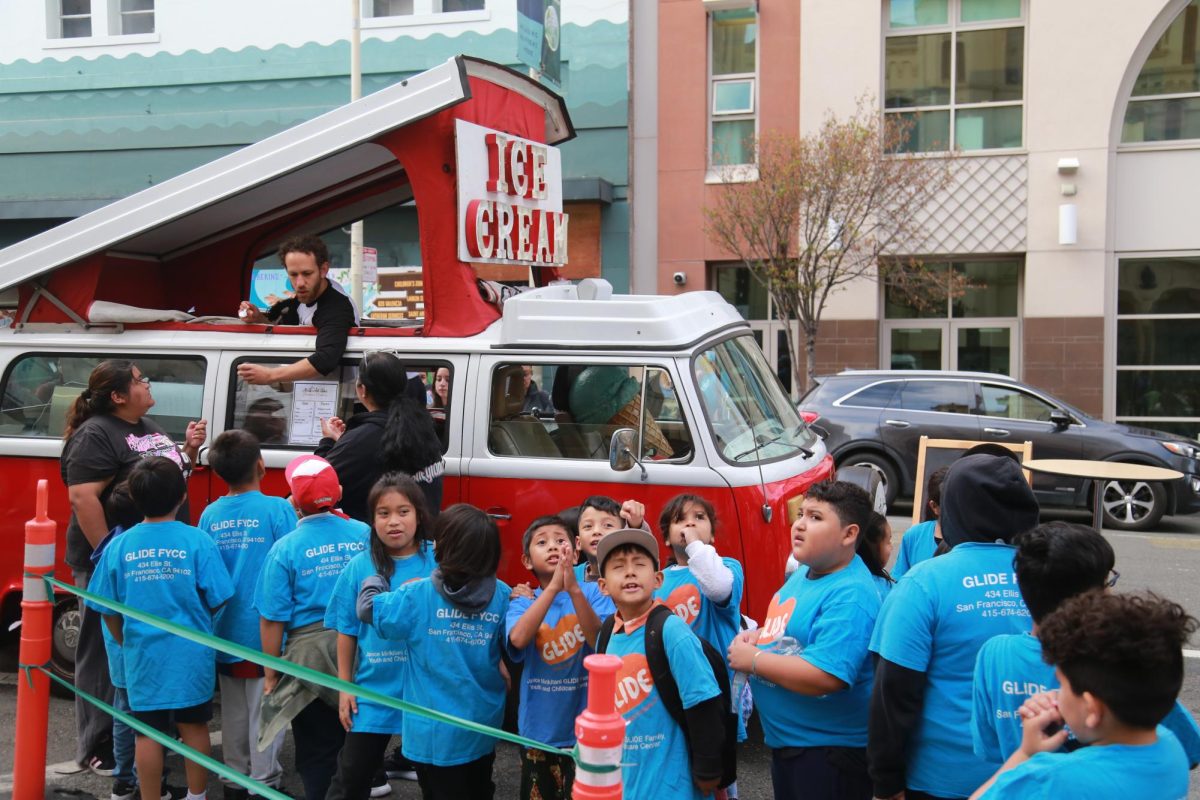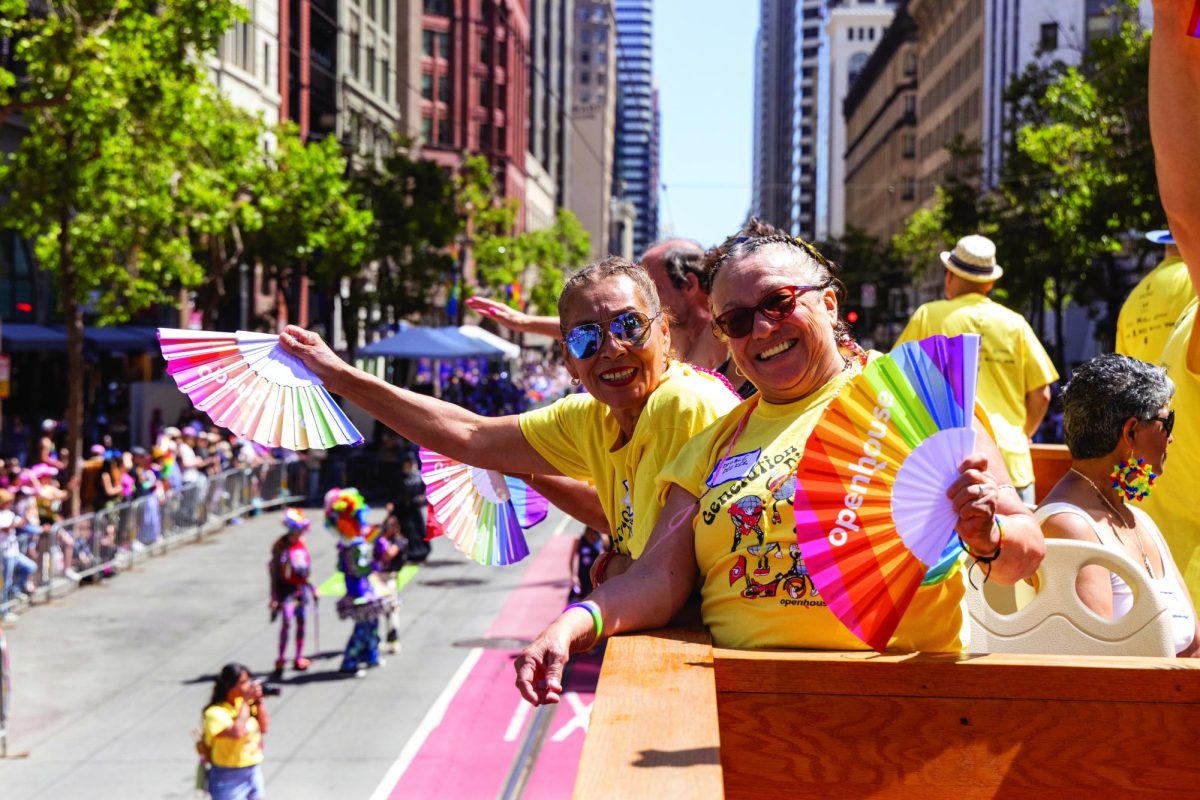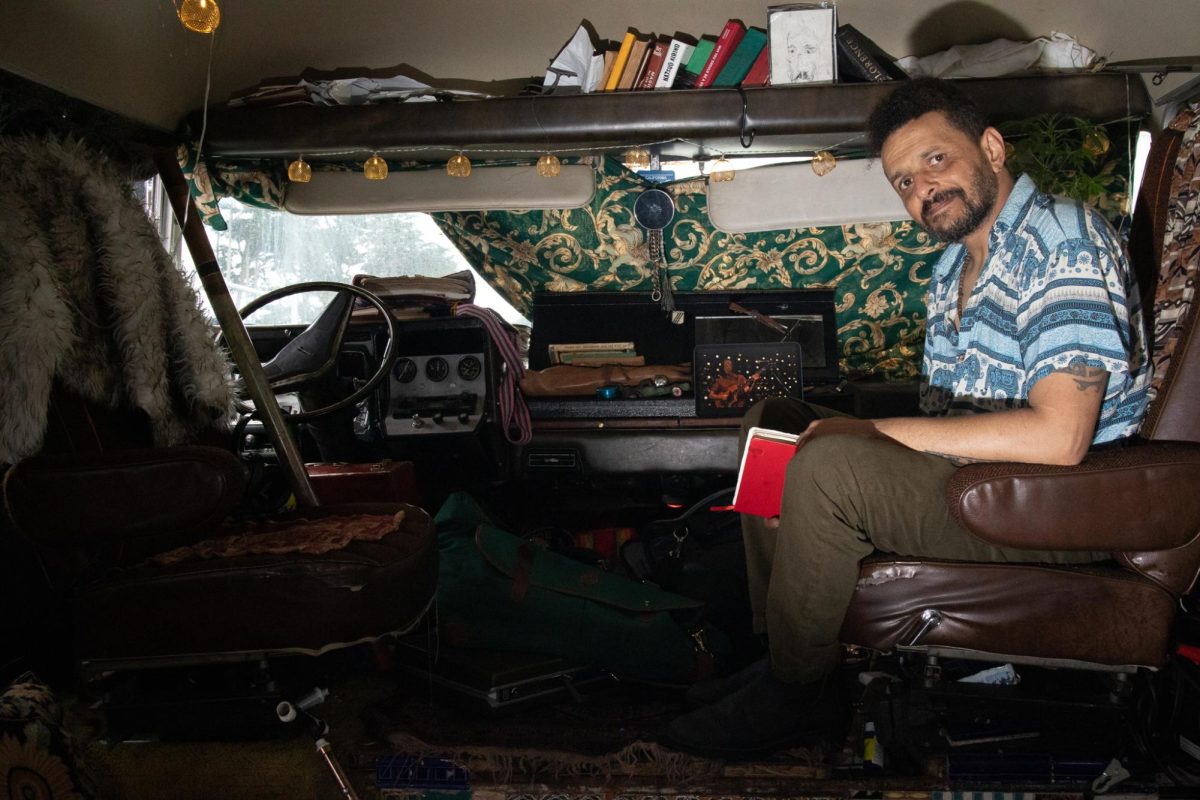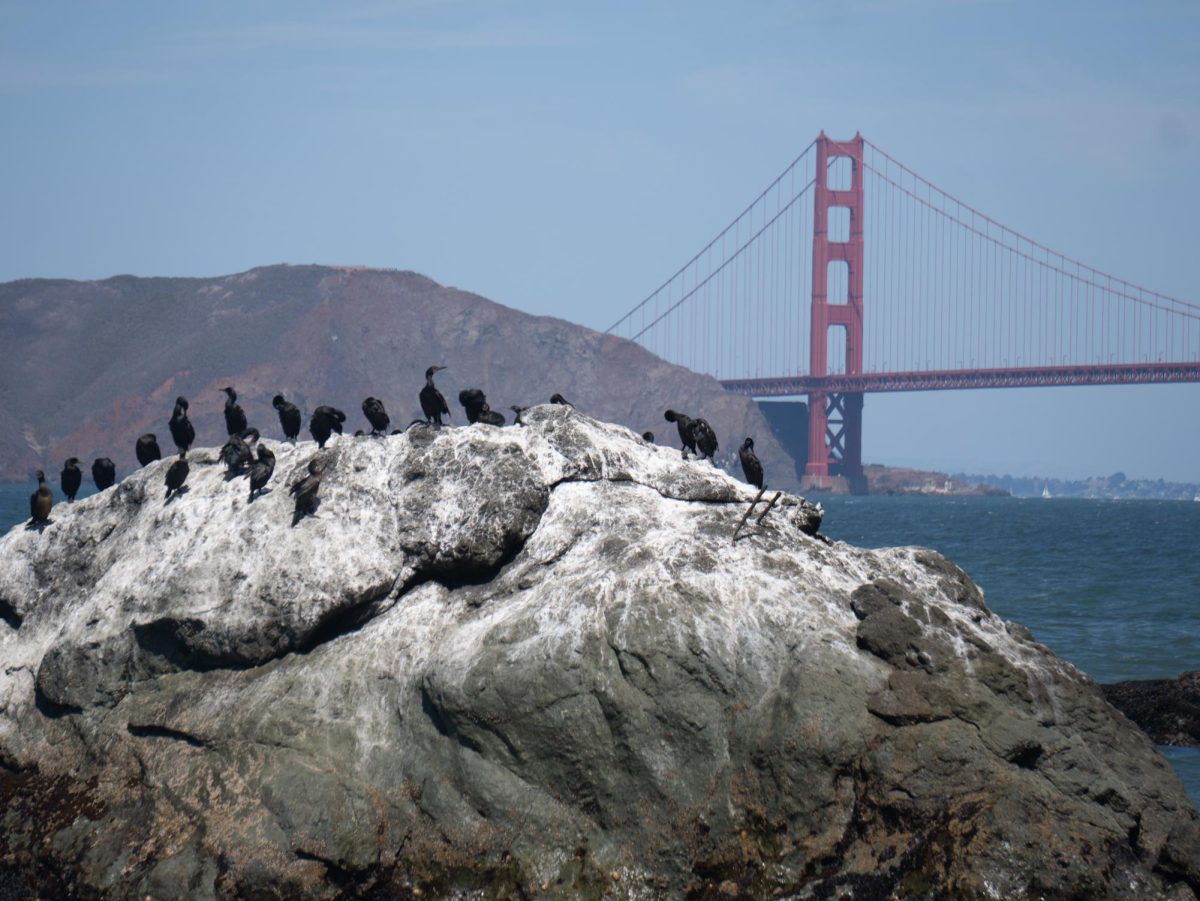
Certain moments in history are so monumental that most people will never forget where they were when it happened or when they heard the news. For this generation, 9/11 is that moment.
I am sure I will always remember how I found out about 9/11. I had just recently started the fifth grade at Carr Elementary School in Torrance, Calif., and was nine days shy of my tenth birthday. Sometimes, my mom would turn on the news while I was getting ready for school, but she had not on that day. I walked to school that morning with no idea how the world had changed while I was sleeping. Once we were all in our seats, my teacher, Lauri Beard, told the class what had happened. The air grew heavy as a hush fell over the room. There was no sound but her voice.
I cannot repeat verbatim what she said to us, but the way she told us has always stuck with me. She did not try to sugarcoat things or pretend nothing was wrong just because we were children. She also did not try to scare us with talk of terrorists or warn us that we were under attack. She spoke to us straightforward, calmly, but with gravity. I cannot begin to imagine what she must have been feeling that morning, but I am sure having to tell a room full of mostly ten-year-olds something so horrible was no easy task. Whenever I think back to that awful day, I want to thank her for the way she handled such a difficult situation and the respect she gave us.
I can recall two ways in which my school attempted to convey the enormity of this tragedy to us students, and how they still resonate with me. When Miss Beard broke the news to my class, she told us that there had been enough people in the Twin Towers for them to qualify for their own ZIP code. On one of the following days, a row of easels was set up, each bearing a sheet of newspaper, covered with nothing but columns of names—thousands in all—of the dead and missing. I never would have imagined that mere text could have such a strong visual impact.
At the time, one of my best friends, Huda El-Haj, and her family happened to be Muslim. I remember her telling me about her father, who worked for the U.S. Postal Service, experiencing discrimination after 9/11. Years later, the Muslim Student Association at my community college, Cypress College, hosted Purple Hijab Day to raise awareness about domestic violence. They encouraged female students to don the hijab for a day to support the cause. I wore one of the lavender headscarves they were giving out and got dirty looks from at least a couple people. I was not personally hurt by this, but I could not help but feel for those women who wear the hijab every day as an expression of their faith and are subject to the prejudice I received that day or much worse.
In the thirteen years since 9/11, I have developed an ever-deepening desire to understand the world as best I can. Among other things, I want to have at least a modest comprehension of global politics. That is why I chose to mark the anniversary by attending the Thirteenth Annual Jules Tygiel Memorial Forum on Post-9/11 World Affairs, held on the 13th anniversary at SF State.
The assembled panel spoke on a number of political topics, centered around the ongoing turmoil in the Middle East, politics in India, the Russia-Ukraine conflict, and U.S. foreign policy. I found the whole discussion fascinating, but the discourse on the Middle East was what I found to be most fitting given the date. Fred Astern, a professor of Jewish studies, pointed out that we cannot yet know how the current state of world affairs will look when framed in a greater historical context. He elicited laughter from the packed room when he said, “the French Revolution—we don’t know how that’s going to turn out.” He also encouraged a shift from the predominant western view of the conflict in the Middle East that “emphasizes European colonialism and imperialism.”
The moderator, history professor Maziar Behrooz, explained some of the similarities and differences between Wahhabism, the Muslim Brotherhood, and Salafism, which are all derived from Islam. I found his description of the Muslim Brotherhood most interesting; Behrooz called it a “reformed” Islam and said that it encourages followers to be Muslim while accepting the likes of modern technology and reason.
Andrei P. Tsygankov, professor of political science and international relations, offered a bit of advice. “The world is changing fundamentally,” he said. “We need to come up with a better definition of what is the world we live in.”
That will not be easy to do, and it will be even harder to come to something enough people can agree on. Still, Tsygankov is right – the world is not at all the place it was thirteen years ago.


